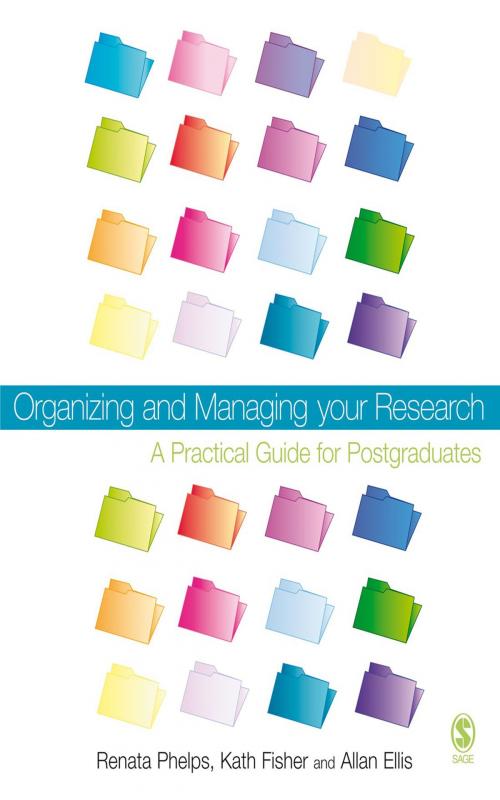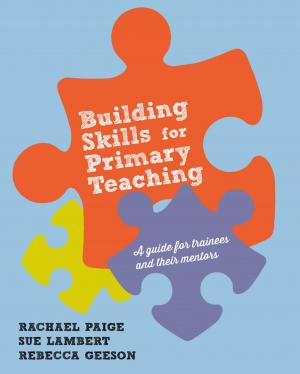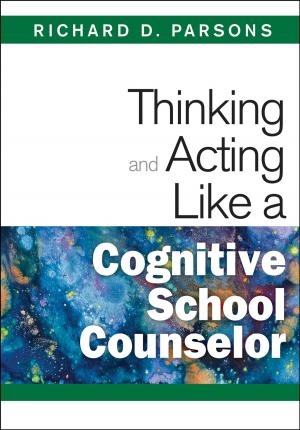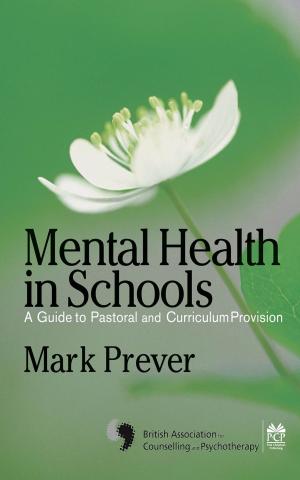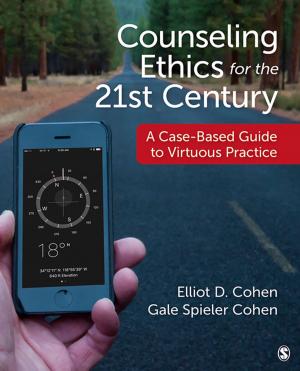Organizing and Managing Your Research
A Practical Guide for Postgraduates
Nonfiction, Reference & Language, Reference, Research, Social & Cultural Studies, Social Science| Author: | Dr Renata Phelps, Kath Fisher, Dr Allan H Ellis | ISBN: | 9781446233689 |
| Publisher: | SAGE Publications | Publication: | February 8, 2007 |
| Imprint: | SAGE Publications Ltd | Language: | English |
| Author: | Dr Renata Phelps, Kath Fisher, Dr Allan H Ellis |
| ISBN: | 9781446233689 |
| Publisher: | SAGE Publications |
| Publication: | February 8, 2007 |
| Imprint: | SAGE Publications Ltd |
| Language: | English |
[![A companion website is available for this text][]][A companion website is available for this text 1]
`As research guides go, this is probably the best, most readable and encouraging books for nurses that I have come across....I recommend this volume to students and researchers at all levels, and at all stages of their professional careers. It is an excellent read' -Nursing Standard
'[This book] is an ideal reader for someone who is thinking about starting a research project with no or limited previous experience. This is because it outlines the whole research process from start to finish. It also provides useful tips for those who are more experienced' - Nurse Researcher
Organizing and Managing Your Research: A Practical Guide for Postgraduates deals with the practical, day-to-day aspects of managing and organizing research. Its focus is on strategies, skills, and systems that increase the efficiency and effectiveness of research practice across all research disciplines. Written in an accessible, non-technical style that speaks directly to the reader in a personal and collegial voice, this text gives practical advice and offers many tips and strategies gleaned from experienced researchers. The written text is accompanied by a [website][A companion website is available for this text 1] that provides downloadable templates and live links to appropriate sites.
Key Features include:
- Tips boxes to outline useful strategies and shortcuts based on day-to-day practice of experienced researchers.
- Feature examples illustrate the practical application of some of the concepts covered
- `Want to know more about …?' boxes offer pointers to further sources of information
- `Over to you' questions at the end of each chapter prompt the student to reflect on how the strategies and concepts can be applied to their own research project
[A companion website is available for this text]: [A companion website is available for this text 1]: http://www.scu.edu.au/omyr/
[![A companion website is available for this text][]][A companion website is available for this text 1]
`As research guides go, this is probably the best, most readable and encouraging books for nurses that I have come across....I recommend this volume to students and researchers at all levels, and at all stages of their professional careers. It is an excellent read' -Nursing Standard
'[This book] is an ideal reader for someone who is thinking about starting a research project with no or limited previous experience. This is because it outlines the whole research process from start to finish. It also provides useful tips for those who are more experienced' - Nurse Researcher
Organizing and Managing Your Research: A Practical Guide for Postgraduates deals with the practical, day-to-day aspects of managing and organizing research. Its focus is on strategies, skills, and systems that increase the efficiency and effectiveness of research practice across all research disciplines. Written in an accessible, non-technical style that speaks directly to the reader in a personal and collegial voice, this text gives practical advice and offers many tips and strategies gleaned from experienced researchers. The written text is accompanied by a [website][A companion website is available for this text 1] that provides downloadable templates and live links to appropriate sites.
Key Features include:
- Tips boxes to outline useful strategies and shortcuts based on day-to-day practice of experienced researchers.
- Feature examples illustrate the practical application of some of the concepts covered
- `Want to know more about …?' boxes offer pointers to further sources of information
- `Over to you' questions at the end of each chapter prompt the student to reflect on how the strategies and concepts can be applied to their own research project
[A companion website is available for this text]: [A companion website is available for this text 1]: http://www.scu.edu.au/omyr/
